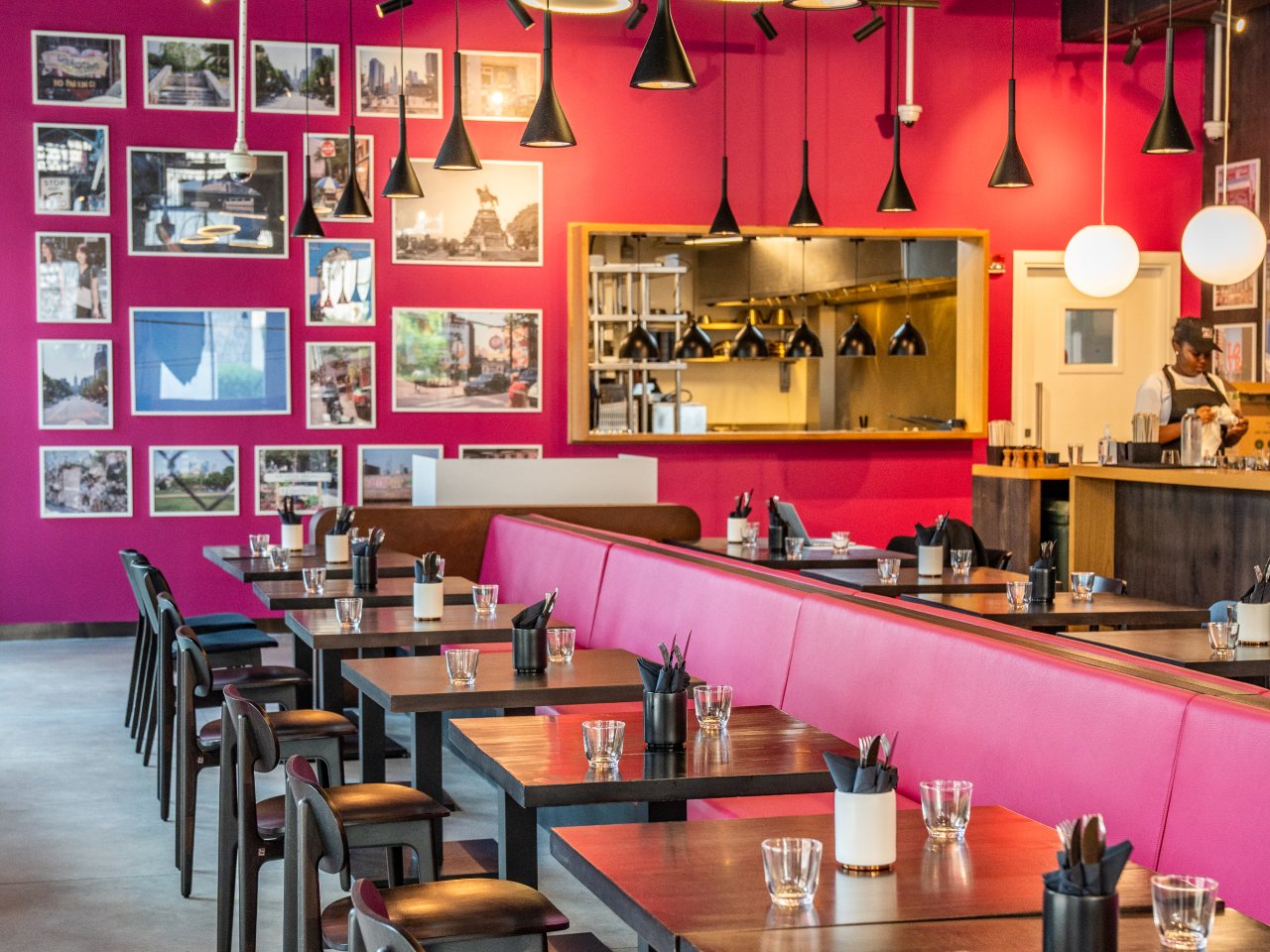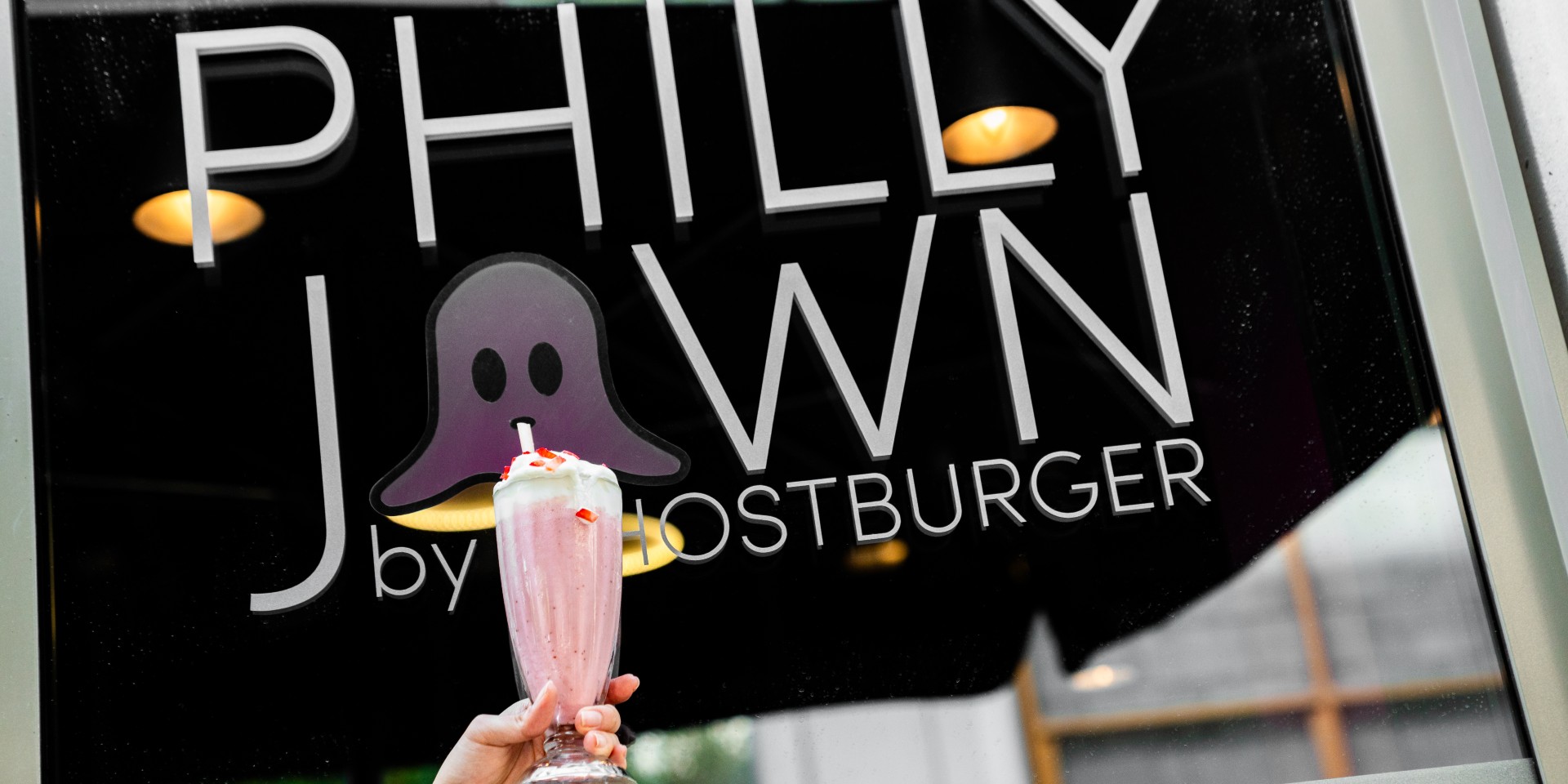Among the various ways to open an F&B concept or invest in a restaurant, the franchising model is perhaps the least understood.
Even for professionals operating in the hospitality sector, many are unsure about how the franchising model works, what its benefits are, and how to get started on the F&B franchising journey. Here’s our take!
The Basics
Restaurant franchising is an arrangement in which an individual or entity (the franchisee) is granted the right to operate a restaurant using the brand, business model, and support systems of an already established and successful restaurant concept (the franchisor).
While this allows the franchisor to grow its brand and reach new markets without directly owning and operating each individual restaurant, the franchisee, in turn, benefits from the established brand recognition, proven business model, and ongoing support provided by the franchisor.
How Does the Franchise Restaurant Model Work?

Key elements of restaurant franchising include:
Brand Licensing
The franchisor grants the franchisee the right to use its established brand name, trademark, and logo. This is a crucial aspect of franchising, given that brand is major driver of customer loyalty and recognition.
We’ve seen from our work with the likes of Philly Jawn by Ghostburger and Floozie Cookies that some brands have the power to create an immediate connection with their audience, leaning on brand story, visuals and even interior design to captivate and inspire within a competitive sector.
Business Model Replication
In contrast to creating an F&B concept from scratch, the franchisee is able to follow the established business model and operational guidelines of the franchisor.
This includes everything from the menu and pricing to interior design and marketing strategies. The goal is to draw on the existing research and market testing carried out by the brand in order to replicate the success of the original restaurant concept.
Financial Arrangements
While financial arrangements may vary contract to contract, the basic structure of a franchise agreement grants the franchisee the right to use the brand and business model in exchange for an initial franchise fee.
Additionally, ongoing royalties, usually calculated as a percentage of the franchisee's sales, will be paid to the franchisor.
Territorial Rights
Franchise agreements often define the geographical territory within which the franchisee has the exclusive right to operate, whether this is an entire region or a country.
This helps prevent direct competition between franchise locations and ensures that each franchisee has a defined market for growth and expansion.
Franchising is a dynamic partnership driving business innovation and brand expansion. It offers entrepreneurs a journey through established brand power, replicable models, and territorial rights, fostering joined success through shared strategies and mutual growth.
From brand licensing to financial arrangements and territorial rights, it's a proven pathway to entrepreneurial success for our partners.
Omar Mohamed Omar, Franchise Sales Manager at TGP International
Benefits of Investing in an F&B Franchise Brand
Investing in a franchise restaurant offers numerous benefits, including access to a proven and successful business model with a track record of profitability.
Whether you’re a property development company, a hotel group or an individual investor, this strategy allows you to leverage the established brand recognition of the parent company, reducing the time and effort required to build a brand and customer base.
The ongoing support provided by the franchisor as well as the wider resources and experience of a hospitality agency like TGP International, including training, operational guidance, and marketing assistance, helps mitigate risks and enhances the likelihood of long-term success.
Meanwhile, the economies of scale associated with a franchise system often result in cost savings and increased purchasing power for supplies and marketing efforts.
Support and Training
Franchise investors receive a suite of support during the process, from initial training programs for new franchisees brand introductions, ongoing operational support, assistance with site selection, marketing support, and access to supply chain resources.
The level of support can vary among franchisors, so it’s worth inquiring about this at an early stage with a focus on finding partners who can accommodate your current level of experience in F&B.
Quality Control
Maintaining consistent quality across all franchise locations is crucial for preserving the integrity of the brand as well as giving the franchisee the best chance of driving repeat visitation and long-term profitability through their individual venue.
This requires coordination between all parties to establish and carry out quality control measures to ensure that the products and services adhere to the standards set by the brand.
Every food and beverage brand goes through a cycle of stages—with many gaining attention when they first come to market, but later struggling when trying to grow.
However, some F&B businesses are better than others at retaining the kind of vigour and relevance that really resonates with modern consumers while also offering investors the structure and systems required for long-term profitability.
With ongoing help and training in operations and marketing, franchisees can more easily navigate the risks and challenges faced while trying to run and scale a restaurant, drawing from both the energy and reliability of a proven brand like Floozie Cookies or Ghostburger by Philly Jawn, for example.
Omar Mohamed Omar, Franchise Sales Manager at TGP International
Finding Your Next F&B Franchise Investment

Evaluating a restaurant franchise opportunity can be a complex process that includes thorough market research to understand local consumer preferences, scrutiny of the franchisor's brand reputation and financial performance, and careful assessment of initial investment and ongoing fees.
Factors such as territory exclusivity, legal compliance and exit strategies are also key considerations—as well as simply how a franchise brand might align with your personal interests or the nature of the portfolio you are trying to enhance.
For advice, support or access to some of the world’s best franchise opportunities, get in touch with our team of franchise experts at TGP.
-1.png?width=3330&height=698&name=TGP%20International%20Logo%20White%20(1)-1.png)

